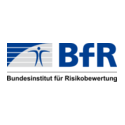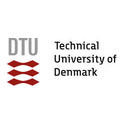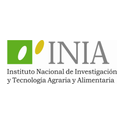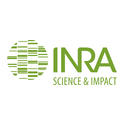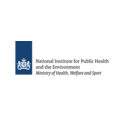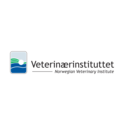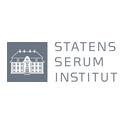In short
To follow the occurrence and spread of antimicrobial resistance, scientist rely more and more on genetic testing. In this European project joining 17 partners, we will introduce the newest DNA-sequencing technology into antimicrobial resistance (AMR) surveillance. This technology allows to completely identify the carriers of resistance genes, plasmids, allowing to trace their spread within patients, animals and the environment.
Project description
Current European monitoring systems for antimicrobial resistance (AMR) fall short in dissecting clonal from horizontal transmission of AMR genes. Although an increasing emphasis is put on genomic-based surveillance, mobile genetic elements (MGEs) remain challenging to reconstitute due to their chimeric, modular and repetitive nature. These MGEs often encode resistance to critical antibiotics and can spread within or across species and genera, making them a central part of any AMR transmission study.
Real-time sequencing through SMRT
The FULL_FORCE consortium broadly introduces single molecule real-time (SMRT) sequencing in EU veterinary and public health institutes. This technology allows real-time sequencing with long sequence reads, providing additional information of where a read should be placed in the genome. Building on JPIAMR’s SOLIDNESS results, we harmonize, build and test each partner institute’s SMRT sequencing capacity. We apply this knowledge on 6 study cases which will greatly profit from MGE sequencing, incl. samples isolated in the context of national surveillance programmes, EFFORT and ARDIG projects. This will be followed up by detailed investigation of prominent MGEs, and by applying this knowledge to modelling efforts of AMR dynamics in closed production systems. At the same time, high-quality MGEs sequencing will provide an excellent dataset to test the performance of public and in-house developed tools for MGE typing, and to study associations between AMR genes and MGEs in metagenomic datasets from the EFFORT project.
FULL_FORCE supplies 17 EU-partners with a technological toolbox and hands-on training in SMRT sequencing. This will allow a paramount step for the effective integration of MGE typing in One Health AMR surveillance, whilst delivering an unprecedented insight in dominant MGEs which are driving resistance among commensal and pathogenic Enterobacteriaceae in Europe.
Sciensano's project investigator(s):
Service(s) working on this project
Partners


